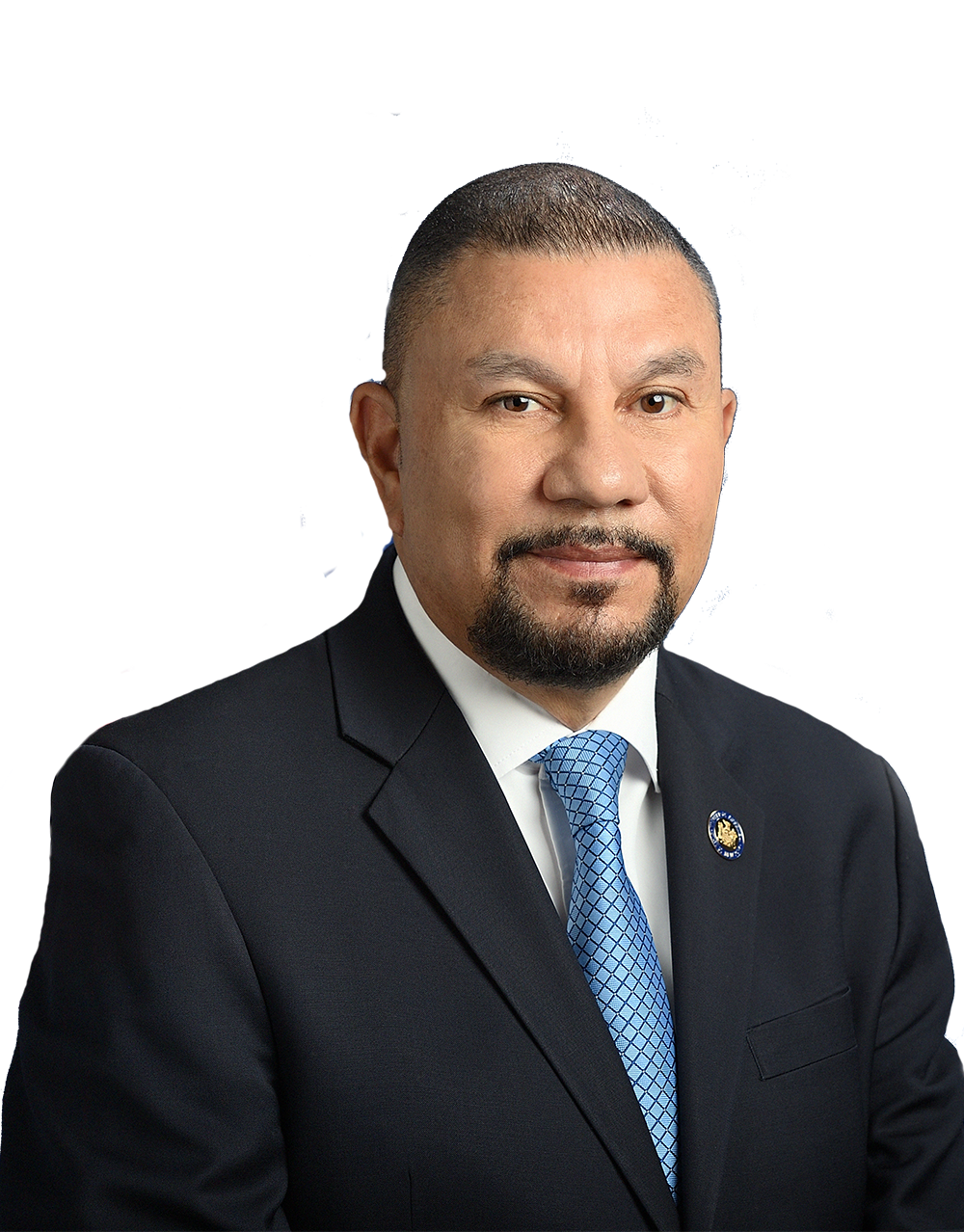Ramos Votes to Make New York’s DNA Databank the Most Expansive in the Nation
Assemblyman Phil Ramos (D-Central Islip) announced the passage of a bill he sponsored that expands the list of offenses that require a DNA sample from a convicted offender, while also enacting provisions to help ensure that defendants and wrongfully convicted individuals have more fair and equal access to DNA testing and the DNA databank (A.9555). The Governor has stated that he will sign this measure into law.
“The use of DNA evidence is the most efficient and reliable way for law enforcement to identify criminals and put them behind bars,” Assemblyman Ramos said. “By expanding our DNA criminal databank, we will give law enforcement officials a better way to keep dangerous criminals off the streets of Suffolk County, while righting the wrongs for those who are paying for crimes they didn’t commit.”
Since its inception in 1996, usage of the DNA databank has resulted in more than 2,900 convictions. According to the New York State Division of Criminal Justice Services, convicted offenders who are currently in the databank have, on average, been convicted of three previous crimes – for which no DNA was collected – before they committed a crime that required such a sample. Under this legislation, the new list of crimes for which DNA will be collected will include all felonies and all penal law misdemeanors, except in limited circumstances.
This legislation also clarifies the authority of a court to order post-conviction testing when a defendant has filed a motion to vacate a conviction and the court finds that such testing would help determine a person’s innocence. This access will give more defendants the chance to rightfully prove their innocence, Ramos added.
“Not only do wrongful convictions have a devastating effect on the families of those who are wrongfully imprisoned, they leave the real perpetrators on the streets, free to commit other crimes,” said Ramos.
